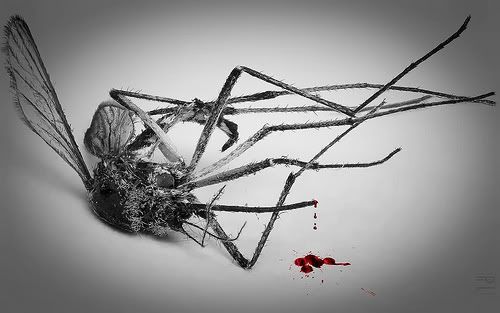To say that BP has made a mess of things in the Gulf is an understatement and to ignore the horrific consequences for the coastal regions and the people who live there would add more to the public relations nightmare beyond the man-made disaster and the unknown long-term ramifications from it.
I was going to post this on Saturday but thought it would be good to post it now since things are escalating quickly.
If BP fails to take action to help the animals, not only the wildlife but also the pets, I think they are going to seriously regret it.
This disaster is going to impact the nation but those who dwell in the area are in a living nightmare–one in which they can’t wake up from.
Their homes, their livelihoods, their environment, the welfare of their families–and now the welfare of their pets are all compromised.
Shelters are overflowing with relinquishments because people can’t support the pets.
Talk about tragedy–their situation is topped off with a dose of more trauma as people have to give up a furry family members–words just can’t describe the issue.
Although some donated food is on the way, a lot more help is needed.
Both CNN and ABC and Yahoo News have begun coverage of the pet disaster victims but I am really surprised at the silence out there from animal disaster rescue teams and hope that this changes swiftly and this statement from UAN-EARS turns into one of action. I know they recently conducted a training with the ASPCA for the oil spill but news is very limited.
Meanwhile, the Louisiana SPCA and other shelters in the area need donations and volunteers.
If you want to help some of the agencies helping pet owners include:
Plaquemines Animal Welfare Society PAWS
9596 Highway 23
Belle Chasse, LA
(504)-392-1601
St. Bernard Animal Shelter
5455 E. Judge Perez Dr.
Violet, LA 70096
(504)-278-1535
Jefferson Parish Animal Shelter
1869 Ames Boulevard
Marrero, LA
(504)-349-5111
Terrebonne Parish Animal Control
131 Plant Road
Houma, LA
(985)-873-6709
The Mississippi Board of Animal Health has also established a Animal Disaster Hotline at 1-888-722-3106.
You can also help via donations to the International Fund for Animal Welfare,
So far, there is a BP Oil Disaster Pet Petition on Change.Org and you can find BP contacts to spout your opinion about the oil spill pet victims here.


